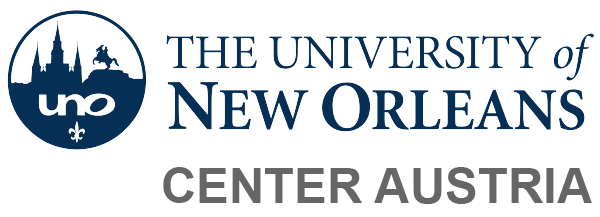Volume 8: The Life and Work of Günther Anders
Émigré, Iconoclast, Philosopher, Man of Letters
Günter Bischof/ Jason Dawsy/ Bernhard Fetz (Eds.)
Günther Anders (1902, Breslau – 1992, Vienna) studied philosophy with Husserl and Heidegger in Freiburg in the 1920s. Married to Hannah Arendt he worked in Berlin as a journalist and also wrote antifascist literature.
He emigrated in 1933, first to Paris, then to the United States, where he worked and lectured at the New School for Social Research. Auschwitz, Hiroshima, and Nagasaki were the major turning points in Anders' philosophical thinking. He returned to Europe in 1950 and settled in Vienna.
He was one of the first to critically examine the Austrian victim myth. Increasingly, his primary interest turned to the issue of the growing predominance of technology in human life. In his main philosophical work Die Antiquiertheit des Menschen (1956) Anders developed what he called a 'philosophy of discrepancy,' an analysis of the gap between what we are able to produce and what we are able to imagine.
He emerged as a central figure in the European antinuclear movement. He was also a critic of the American aggression in Vietnam. Over a long career stretching almost seventy years, Anders published numerous philosophical essays and diaries, fables, short stories, and poetry. This volume tries to recover and reintroduce the work of "the most neglected German philosopher of the twentieth century" (Jean-Pierre Dupuy).
Günter Bischof, Preface
Jason Dawsey, Introduction
I. HISTORICAL CONTEXTS
Jason Dawsey, Gűnther Anders and His American Exile
Jean-Pierre Dupuy, An Andersian Approach to Nuclear Deterrence
Elisabeth Röhrlich, "To Make the End Time Endless:" Günther Anders' Fight against Nuclear Weapons
Berthold Molden, Günther Anders as a Transnational Intellectual in the 1960s
II. ANDERS – THE MAN OF LETTERS
Konrad-Paul Liessmann, Zwischen allen Stühlen. Günther Anders als Außenseiter der Philosophie
Wolfgang Palaver, The Deadline [Die Frist]: Gűnther Anders's Apocalyptic in Light of the Christian Virtue of Hope
Andreas Oberprantacher, The Desertification of the World. Günther Anders on "Weltlosigkeit"
Reinhard Ellensohn, Gűnther Anders' Philosophy of Music
III. ANDERS -- THE LITERARY FIGURE
Bernhard Fetz, Gűnther Anders: Between Literature and Philosophy. From His Early Anthropological Writing Via "Antiquiertheit des Menschen" to His Long Poem "Maeriechen"
Kerstin Putz, Austrian Literature Archives
Gűnther Anders in seiner Korrespondenz: Der Briefwechsel mit Hannah Arendt
IV. ANDERS – IN HIS OWN WORDS
Gűnther Anders, The Pathology of Freedom (1936-37/2009)
Gűnther Anders, The Emigrant (1962/2014)
Gűnther Anders, Theses for the Atomic Age (1960/1962)
Select Bibliography
